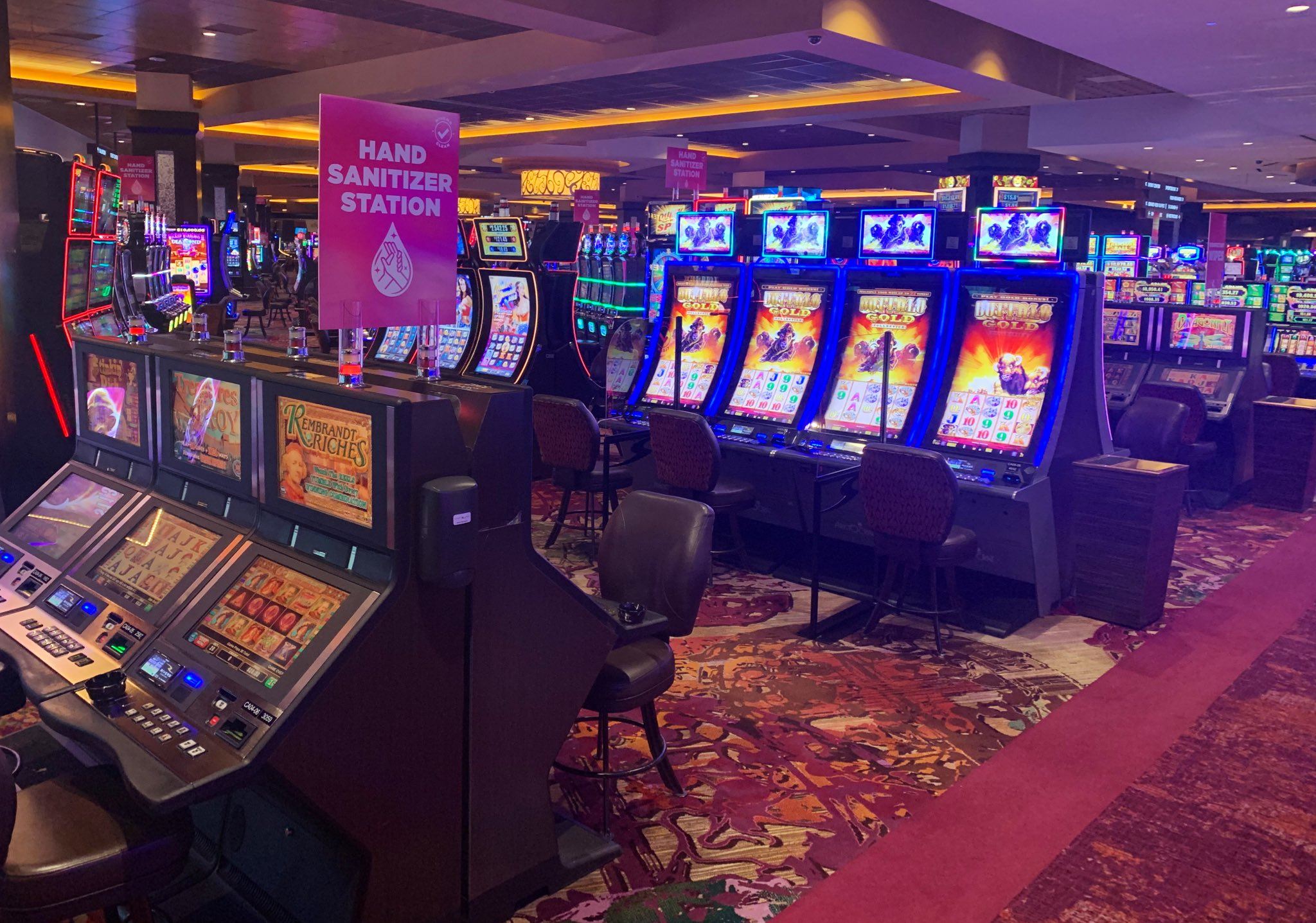
In the world of gambling, where chance and strategy converge, a unique tapestry of beliefs unfolds—one that intertwines luck, fate, and the enigmatic nature of casino games. Casinos, bustling with excitement and anticipation, are not just venues for placing bets; they are also arenas in which superstitions thrive. From the novice player to the seasoned gambler, these mysterious practices often shape how individuals approach the games they play, believing that their actions can influence the outcome in ways that go beyond mere probability.
When players gather around roulette wheels, blackjack tables, and slot machines, the atmosphere is thick with stories of lucky charms, rituals, and codified behavior that defy logic yet provide a sense of comfort. Whether it’s wearing a specific outfit, following a particular sequence of bets, or even avoiding certain numbers, the attachment to various superstitions reflects a deep-rooted desire to control the uncontrollable. This article delves into the captivating world of casino game superstitions, exploring the beliefs that simultaneously entertain and mystify those who dare to play.
Cultural Beginnings of Superstitions
Casino games have long been connected with an variety of superstitions that trace to early societies. The beginnings of these notions can be linked to humanity’s fundamental wish to manage the uncertain outcomes connected with fortune and chance. In primitive civilizations, games of uncertainty were often connected to spiritual practices. Gamblers would call upon blessings or request favor from gods, believing that their actions could affect the results in their benefit. This basis laid the groundwork for the multitude of superstitions that developed as gambling evolved over ages.
During the medieval age, gambling became a widespread pastime across Europe, and with it, a diverse tapestry of superstitions developed. non GamStop casino Participants adopted different rituals and charms, believing they could influence the consequences of games. The importance of digits, in particular, began to show in superstitions pertaining to card games and dice. The number seven was often considered lucky, while different numbers carried negative connotations. These beliefs mirrored the societal contexts of the time, adapting as they moved through generations and changed to new gaming environments.
As gaming establishments appeared in the 1600s, particularly in the Italian peninsula and the French nation, the atmosphere surrounding betting became steeped in mystique. The growing accessibility of casino activities allowed for the expansion and diversification of superstitions among players. Concepts like lucky charms, special seating positions, and rituals gained importance, creating a unique culture within betting houses. As these practices continued to thrive, they became fundamental to the character of gambling activities, illustrating how the past and society shape the belief systems that influence how participants interact with chance.
Popular Gambling Superstitions
Superstitions surrounding gambling games are plentiful and diverse, mirroring the dreams and anxieties of gamblers as they engage in random games. One of the most common beliefs is that specific digits bring luck or bad luck. For example, the number seven is often seen as a favorable number, frequently sought after by gamblers looking for a positive outcome. Conversely, the digit 13 is routinely considered unlucky, leading many players to avoid it during their gambling periods.
A frequent superstition relates to rituals that gamblers believe can influence their chances. It could be blowing gently on the dice before a throw, using a specific gesture to place a bet, or even wearing specific items of attire, many people feel that these actions can tilt fate in their favor. These practices offer a feeling of power in an otherwise unpredictable environment, reinforcing the idea that luck can be created through personal convictions and habits.
Finally, the environment and atmosphere of the casino itself contributes to myths. Many gamblers suggest that the presence of specific icons, such as four-leaf clovers or fortunate tokens, can enhance their chances of winning. Additionally, gamblers might adhere to the notion that winning streaks can be halted by mundane events, such as a person passing by or a accident at the table. The shared environment in a gambling house can amplify these beliefs, creating a communal culture of myths that transcends individual encounters.
Impact of Superstitions on Players
Beliefs play a significant role in the mindset of casino players, often affecting their behavior and decision-making. Numerous gamblers think that luck can be influenced through different rituals, such as wearing a lucky charm, choosing particular hues, or steering clear of particular digits. This reliance on superstitions can create a feeling of control in an environment that is inherently unpredictable. Players frequently feel more confident and involved when they think that their actions could sway the outcome of a game in their advantage.
The influence of these superstitions extends beyond singular players, affecting the general atmosphere within the casino. For example, a player who holds the belief in the luck of a certain slot machine might attract a gathering, as onlookers are intrigued by their apparent luck. This collective belief can amplify excitement and create a lively environment, leading to an captivating experience even for those who may not necessarily be believers themselves. The buzz around certain games can lead to increased participation and extended playing sessions, supporting the casino’s lively social scene.
In some cases, superstitions can lead to negative effects for players. Relying too much on rituals can result in bad gambling decisions, as some may overlook basic strategies in favor of baseless beliefs. Additionally, the stress to perform rituals may increase anxiety and stress levels, diminishing from the pleasure of the experience. Ultimately, while superstitions can enhance the thrill of playing casino games, they can also lead to poor choices that overshadow the enjoyment and amusement intended in the casino experience.
